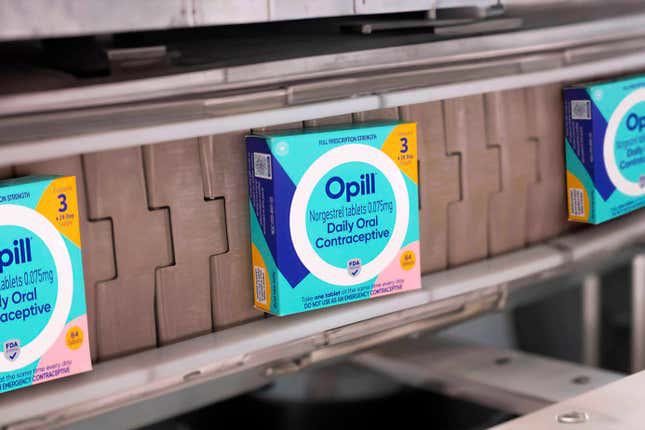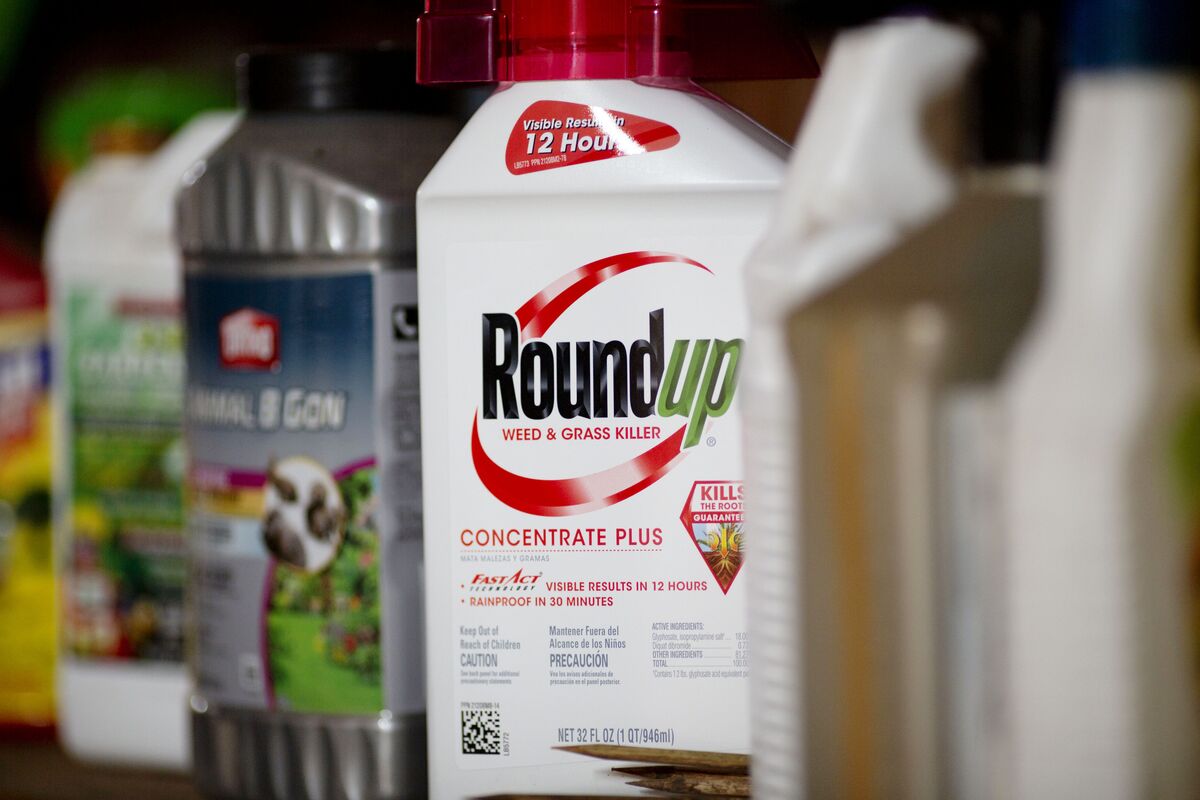How to avoid Covid Test scams - Dispatch Weekly
January 8, 2022 - Reading time: 4 minutes

Images of huge queues at COVID testing centres and claims of restricted supplies of at-home test kits have been widely circulated in the media.
Fake and unlicensed at-home testing kits are showing up online, according to the US Food and Drug Administration, as opportunistic scammers take advantage of the surge in demand.
Using these counterfeit products isn’t simply a waste of money; it also puts you in danger of unintentionally transmitting COVID-19 or failing to receive proper treatment.
So, if you’re looking for COVID test kits and similar things on the internet:
How to avoid fake test kits
Check to see if the test you’re buying has been approved by the FDA.

Before you buy, go up the FDA’s list of antigen diagnostic tests and molecular diagnostic tests to see which ones are approved for use at home.
Check out a seller before making a purchase, especially if you’re purchasing from a new website.
Look for the website’s, company’s, or seller’s name plus words like “scam,” “complaint,” or “review” on the internet.
Compare and contrast online reviews from a number of sources.
Reading customer reviews on various retail or shopping comparison sites can give you a decent idea about a company, product, or service.
Consider where the review came from. Is it coming from a professional organisation or from individual customers?
Contact your credit card company to dispute a charge for an order you never received or for a product that isn’t as represented.
Ofcom scam text

Scam calls and texts involving the coronavirus, or Covid-19, have been reported to ofcom in the UK.
Scammers are contacting home phones and sending text messages to mobile phones, containing false information or even leaving you out of pocket if you fall for it.
Some calls and texts pretend to be from the government, your doctor’s office, the NHS, or even the WHO (WHO).
A recorded message or a caller will claim to be contacting you about the coronavirus during the calls.
They may give a viral test, medication or cure, or an opportunity to discuss your medical issues.
These calls, on the other hand, are aimed to get you to call an operator or click a button on your phone for more information.

DW Staff
David Lintott is the Editor-in-Chief, leading our team of talented freelance journalists. He specializes in covering culture, sport, and society. Originally from the decaying seaside town of Eastbourne, he attributes his insightful world-weariness to his roots in this unique setting.




